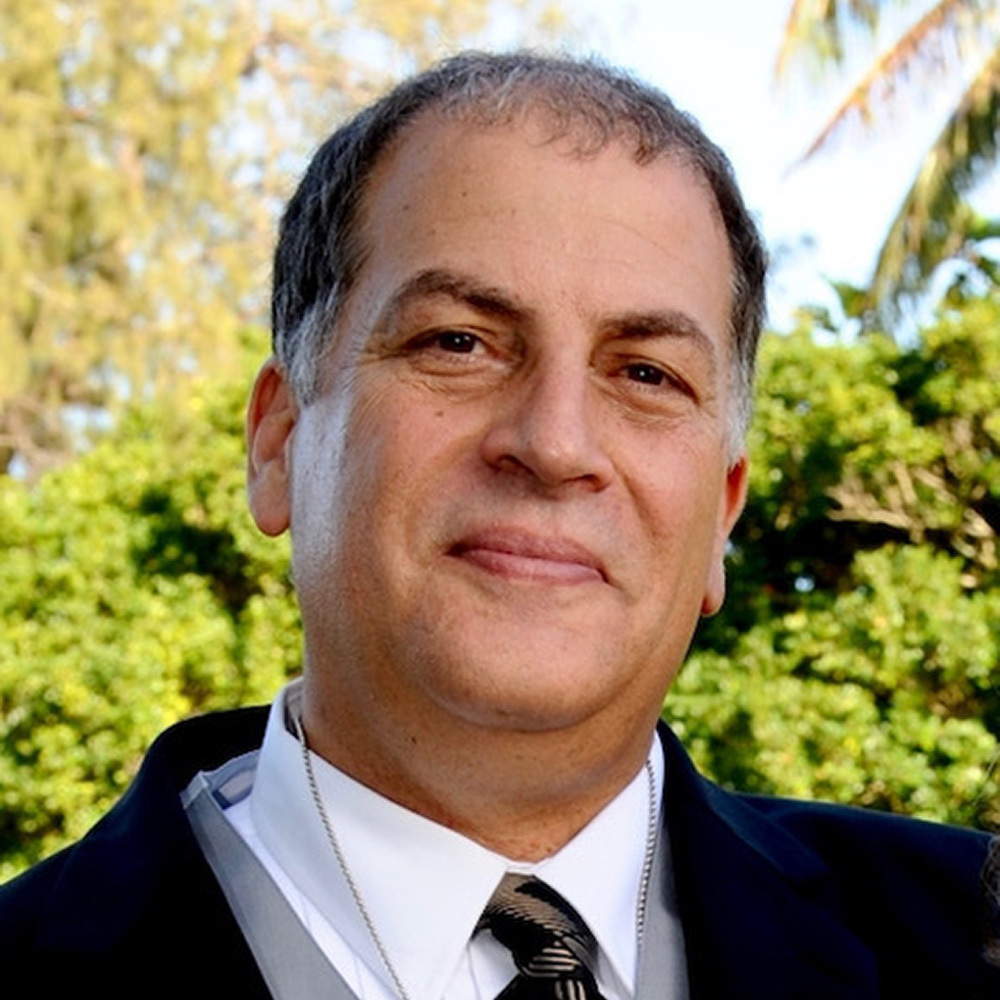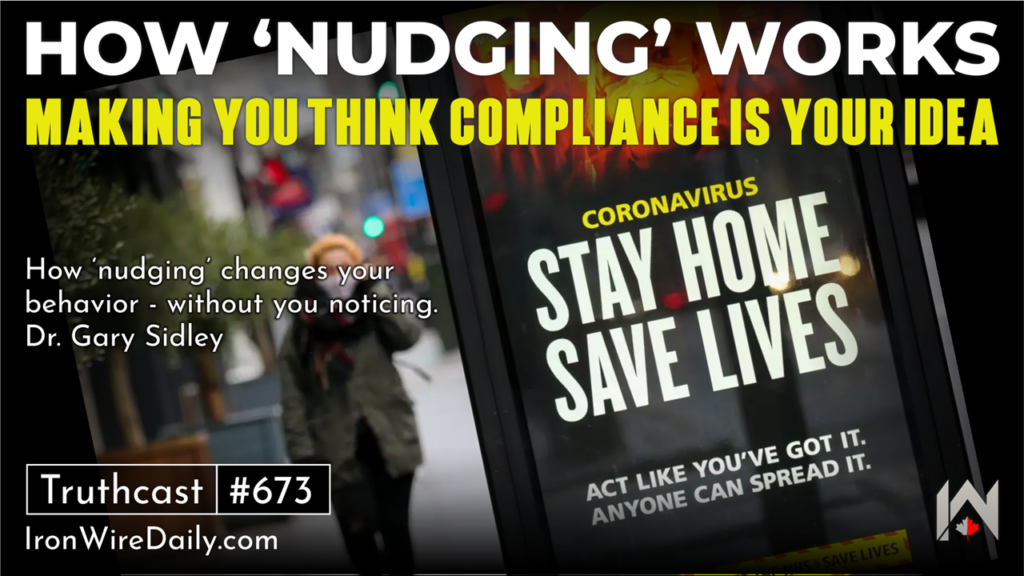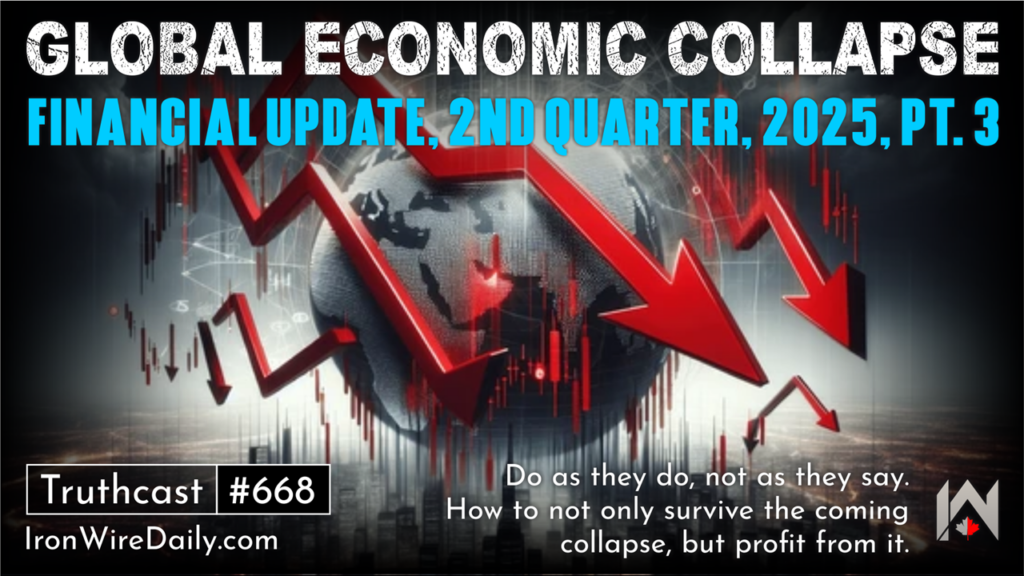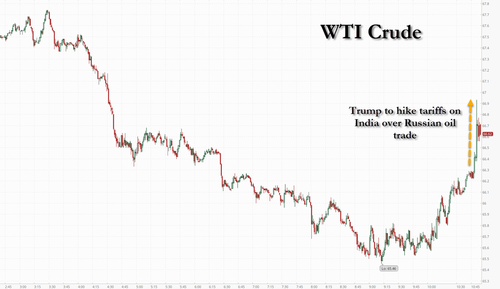Origins of Medical Harm

The level of compensation doctors receive from Medicare is currently under renewed scrutiny; these standards are mirrored by health insurers. The quantity of reimbursement weighted to specialists is likely to shift towards primary care physicians. Reconfiguration of doctors’ fees is overdue, although they are determined by a secretive American Medical Association committee.
Analysis and debate about the ongoing healthcare crisis emphasize misdirected funding rather than considering how to revitalize the ethics of medicine. The Hippocratic Oath clarifies the priorities essential for the mindset of a physician. Despite its primary warning, first, do no harm, damage done to patients is rampant. Resolution of this tragic dynamic appears insoluble.
When decisions are made by any medical organization with financial interests, the primary impetus of the Oath is lost; the AMA’s control over payment schedules reinforces and exemplifies a corrupt institutional flaw. The harm done by the business of medicine needs to be evaluated and controlled.
The seemingly intractable conflict of interest undermining medical care is directly tied to a profit-oriented model in mitigating human suffering. Dispensing treatments with earnings in mind is a form of profitable planned obsolescence and ultimately a methodology that degrades patient autonomy and vitality.
Although there is often consensus among critics of the healthcare system about its numerous faults, approaching the central issue of profiting from illness is virtually avoided.
In an attempt to broach the topic of money and medicine, the AMA’s Journal of Ethics presents a self-justifying analysis. The following excerpt exposes how this inherently conflicted view of healthcare depends on the illness of the nation.
Stripped to its core, medicine is a service industry, the product of which is health care. As such, the practice of medicine, not unlike the provision of any other service, is deserving of professional remuneration. Viewed in this light, medicine and money are sensibly interrelated and by extension indivisible. Less clarity exists, however, about the question of whether medicine should be a conduit to wealth accumulation. (emphasis added)
The industry couldn’t be clearer about its relationship to money. The giant leap from fair compensation to wealth accumulation is easily appraised and confirmed; a swelling of profits is directly tied to the surge in chronic illness.
The degradation of individual and societal health spirals downward while the most powerful controllers of the medical and pharmaceutical industries thrive. The healthcare system is fatally compromised by its financial standards and practices. As long as poor health is monetized, the crisis will remain unresolved.
The largest and most important economic sector of the United States ignores the admonition, do no harm. Reversal of this travesty is dependent on challenging an infrastructure that denies the importance of caring without injury. Procedures and treatments are rewarded while preventative and curative methodologies remain undervalued.
Ongoing disasters in healthcare are uncontrolled, including iatrogenic disorders, unnecessary surgeries, prescription drug abuse, and vaccine failures and injuries. This exploitation is virtually ignored. Merciless mayhem is tolerated and marginalized, obscured by the deeply flawed, unethical profitability of medicine. Ultimately, there is a single disastrous outcome: disease is treated rather than cured.
Price fixing, violating antitrust statutes, financing promotional bonuses, and suppressing competitive views about how to mitigate illness and dysfunction are inherently repressive strategies of the medical industry. This dynamic is enhanced and supported by the modus operandi of the pharmaceutical giants. To retain control of an enterprise whose boundless assets are provided by the sick and dying, the profession does not tolerate internal dissent and humiliates alternative methodologies.
It is no secret that the mainstream healthcare system and its proxies have disparaged, degraded, and shunned traditional healers, dismissed folk remedies, and minimized the importance of dietary nutrition. The claim that superior, contemporary, science-based symptomatic remedies are vastly more powerful than lifestyle choices or natural medicines is a morally despicable ruse, justifying the continued use of deadly concoctions and procedures.
The medical industry has proven that it is incapable of self-regulation by its amoral promotion of tainted drugs and through its unprincipled leveraging of oversight agencies. When confronting the failures of corporate medicine, reversing the disastrous course of the mercenary business model built on the suffering of Americans requires a revolutionary approach.
Although advances in biomedicine have strengthened the ability of physicians to combat some diseases and effectively face emergencies, the guiding compassionate principles of medical care have, for the most part, been lost. Despite the noble intentions of many practitioners, the disastrous prognosis for this corrupt and inverted system is apparent. There can be no cure for this abject failure without a full, head-on attack on the medical establishment and a renewal of ethical priorities.
Practicing medicine is most effective as a selfless endeavor; the healing arts thrive when extricated from material preoccupations. Organizational dynamics that diminish the empowerment of physicians must be eliminated.
Republished from the author’s Substack
-

David Marks is a veteran investigative reporter and documentary producer. He has made films for PBS Frontline and the BBC, including Nazi Gold, which challenged the assumption of Switzerland’s neutrality in WWII.













